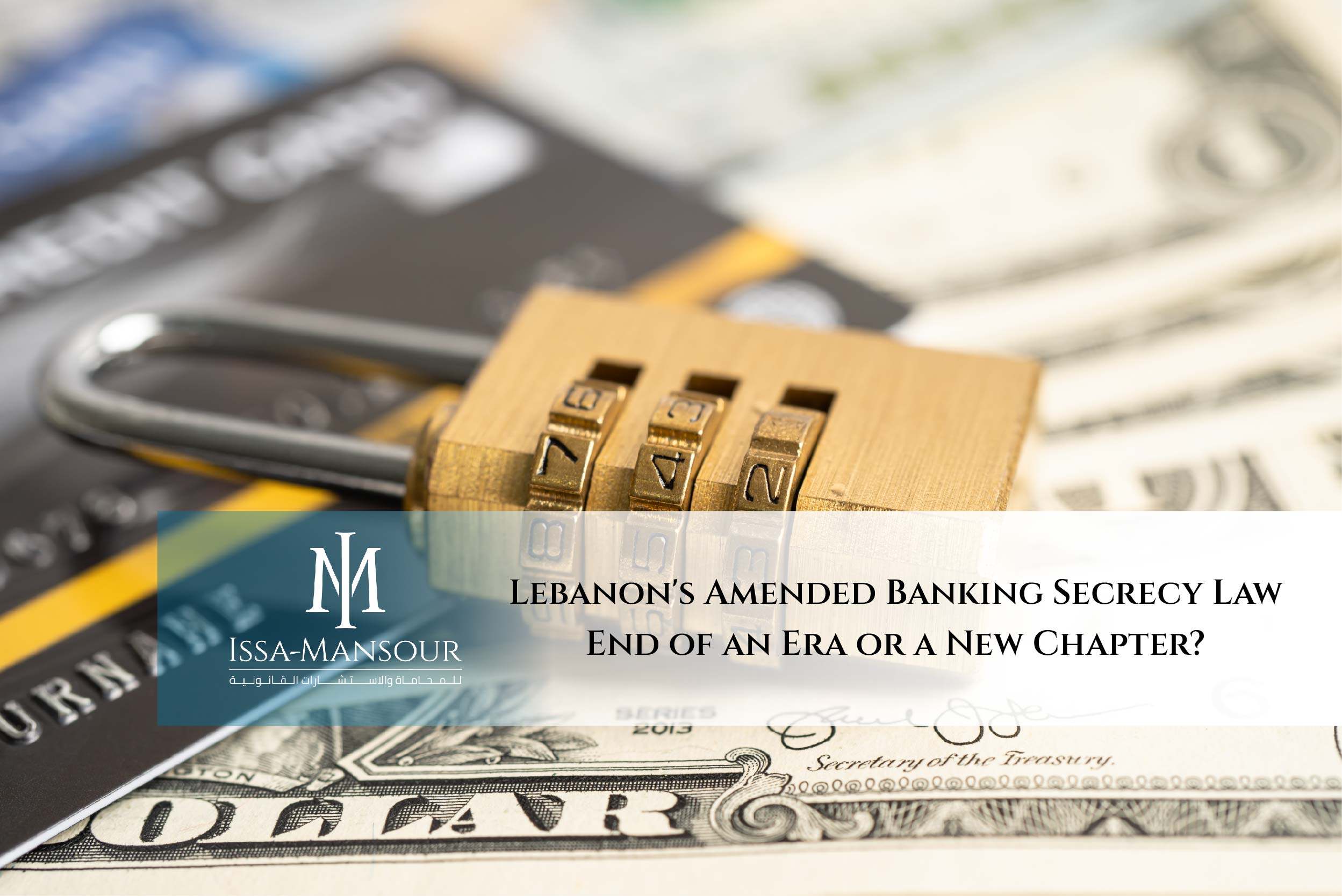End of an Era or a New Chapter?
In 1956, Lebanon introduced one of its most influential financial pillars: the Banking Secrecy Law, which guaranteed clients complete confidentiality regarding their bank accounts and financial information. This legal privilege, rare even by international standards—helped Lebanon build a thriving banking sector, attracting billions in Arab and foreign capital and establishing the country as a trusted financial hub in the region.
For decades, bank secrecy covered everything from account details to transactions, shielding them from disclosure except in extremely limited and regulated circumstances. It was a core reason Lebanon earned its reputation as a “Switzerland of the Middle East.”
However, in recent years, Lebanon’s severe economic and banking crises, exacerbated by political instability and governance failures, triggered a collapse in public trust. Banks imposed informal capital controls, account holders were denied access to their own funds, and the system’s lack of transparency fueled concerns over corruption, money laundering, and capital flight.
In response to this deteriorating reality, the Lebanese Parliament passed Law No. 1 on April 24, 2025, amending key aspects of the original Banking Secrecy Law and the Money and Credit Law.
This new law removes core elements of the 1956 banking secrecy by authorizing three key entities to access full banking information without restriction:
- The Central Bank of Lebanon
- The Banking Control Commission
- The National Deposit Guarantee Corporation
These institutions can now exercise oversight and audit authority that was previously impossible under the old framework. The secrecy shield is officially lifted for them.
This raises a critical question:
Has Lebanon sacrificed a strategic advantage, or is this a long-overdue correction?
On one hand, Lebanon’s banking sector has now lost a unique edge that differentiated it for nearly 70 years. On the other, these amendments may be necessary to restore regulatory credibility, rebuild confidence, and lay the foundation for a more transparent and modern financial system.
In our view, this shift could be a turning point, but only if followed by serious reform, improved governance, and a reimagined banking model aligned with today’s global standards and expectations.
We invite our clients and readers to reflect:
Will these changes drive away investors, or will they be the first step toward restoring trust and relaunching Lebanon’s banking sector on stronger footing?
At Issa Mansour Law Office, we remain ready to advise on all legal implications of the new amendments and assist both individuals and institutions in navigating this transition.

